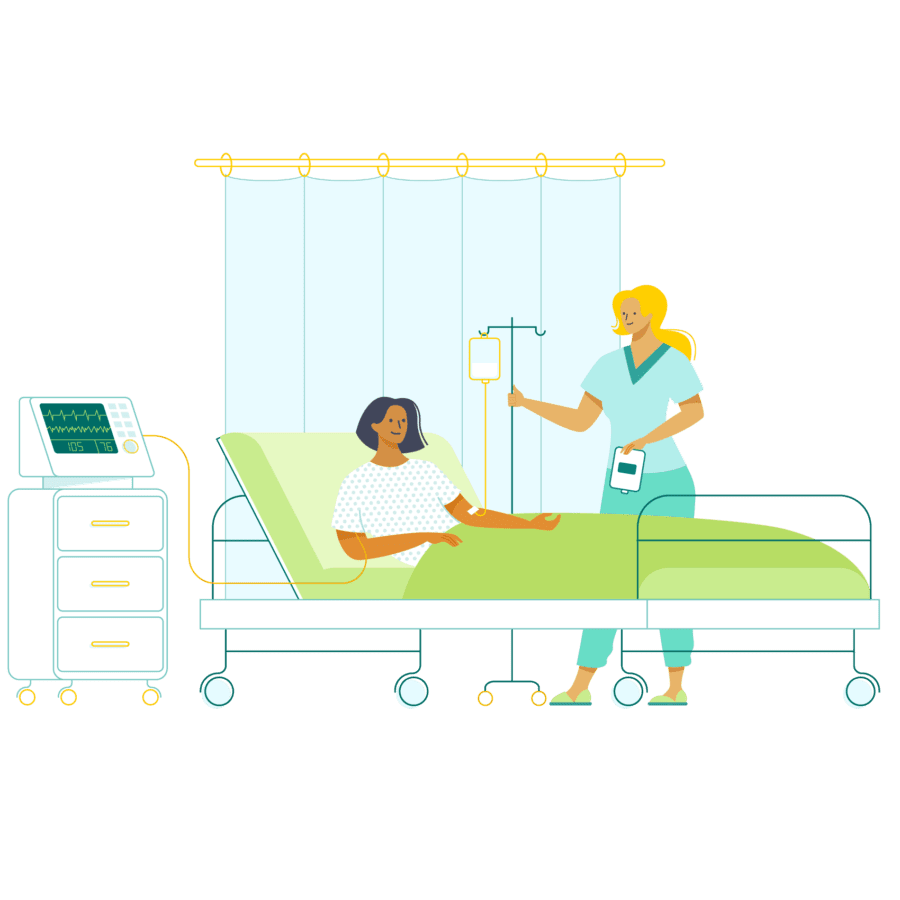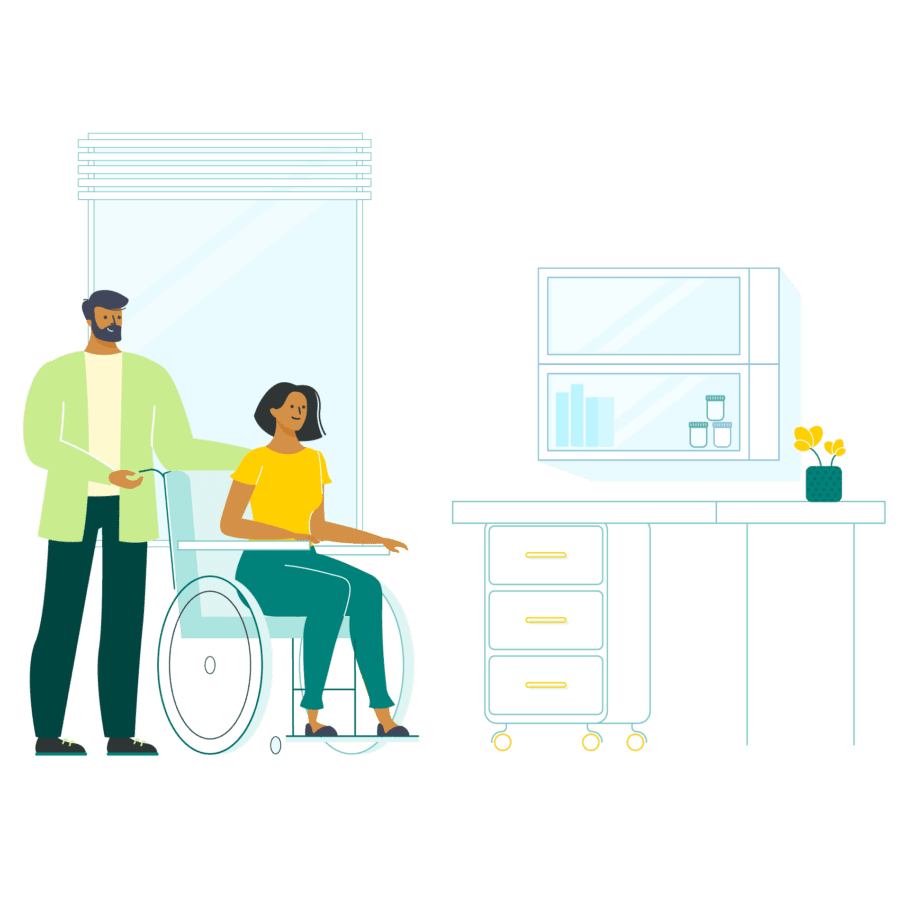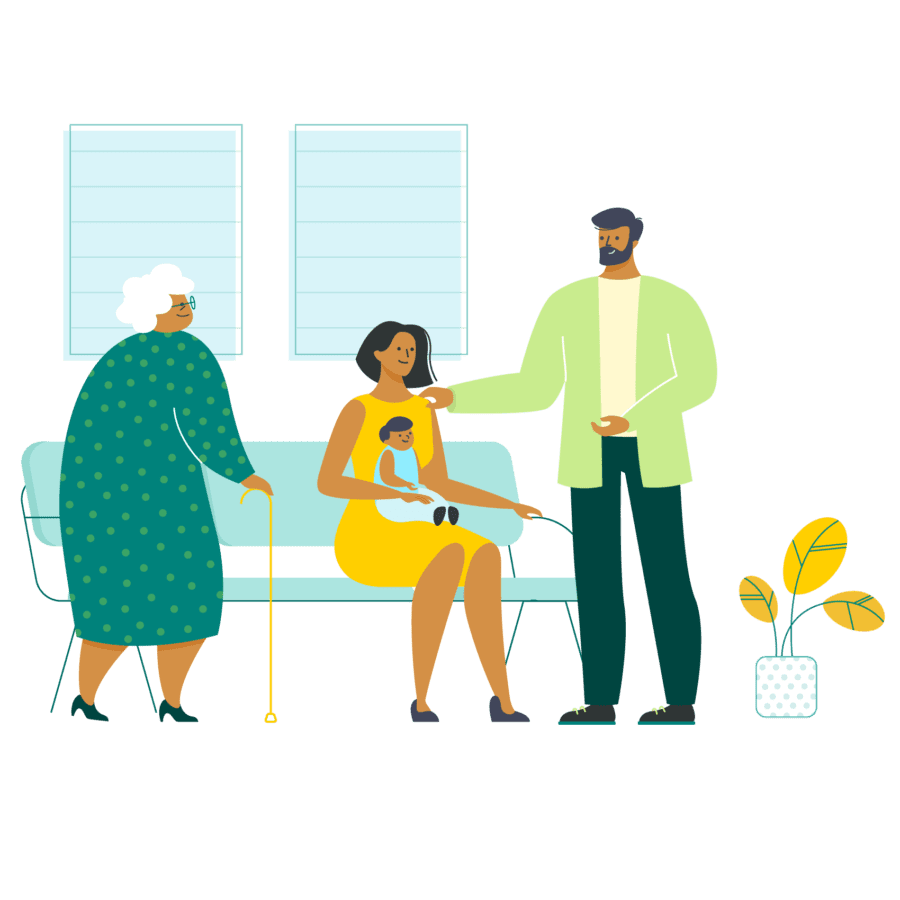The effects of stroke vary from person to person. A stroke may cause problems with speaking, understanding and moving around. It can affect your mental health and make you feel isolated. It can also affect your family, friends and others around you, and your relationships with them.
Recovery means getting back as much function and independence as possible, returning to the things you enjoy, and building for the future. It can take time and hard work, but it is possible.
Every survivor is unique, and research shows that it is important to get personalized support from the day of your stroke, for as long as you need it. After Stroke can give you that crucial support. No matter where you are in your stroke journey, we’re here for you.




